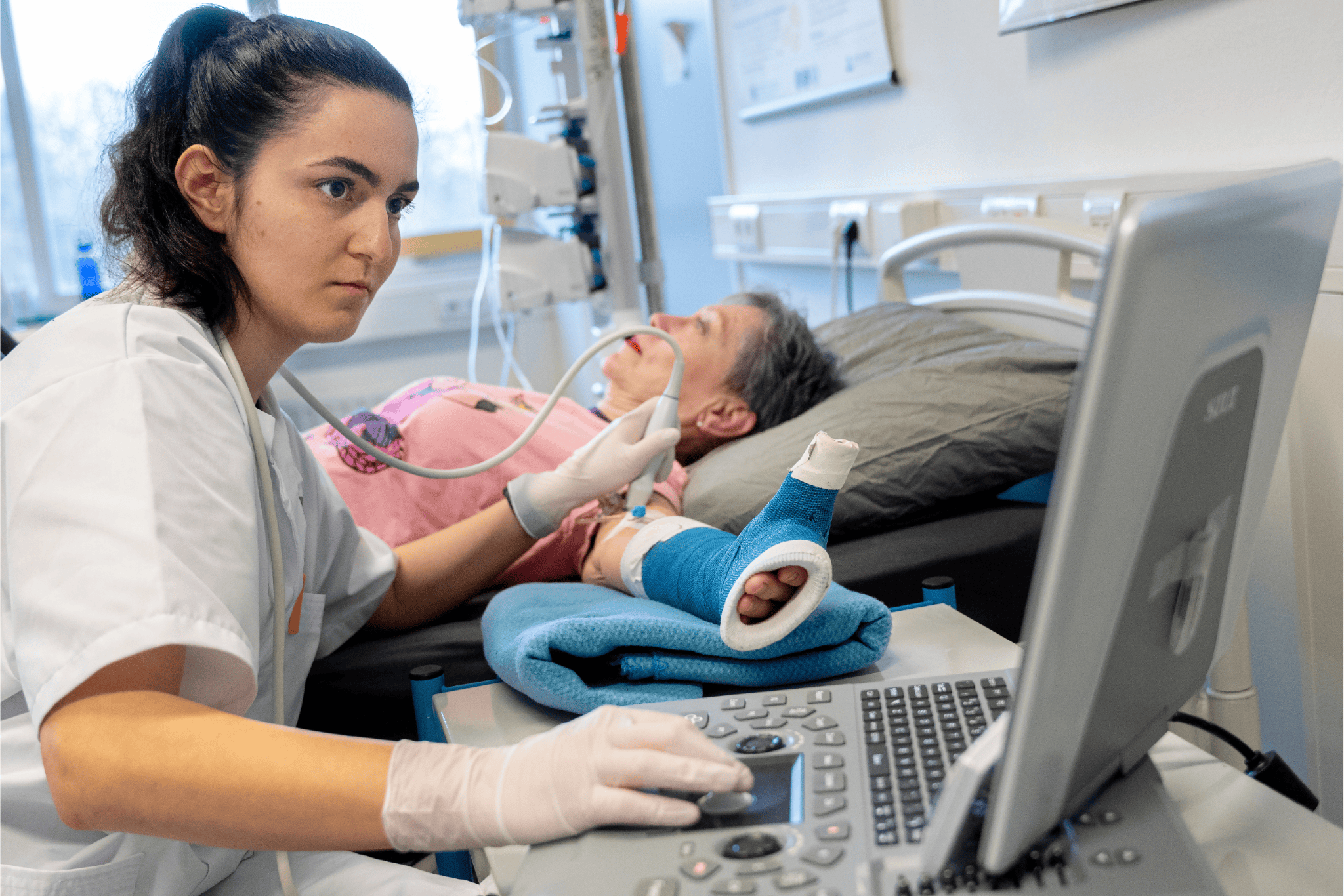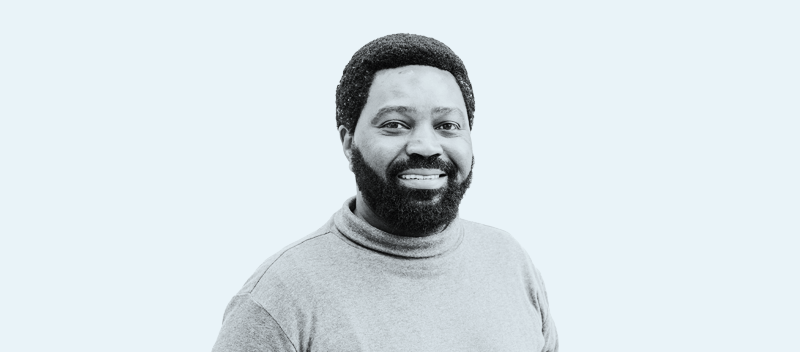A botched experiment, a rejected paper: such things are soon labelled as failures in academia. As for talking about them not the done thing! But that is just what WUR scientists do in this column. Because failure has its uses. This time, we hear from Franshelis Garcia, a PhD candidate in the Health & Society group.
‘Over the past few years, I’ve been studying how patients experience obesity surgery, such as a gastric bypass. I made an important discovery: patients get a lot of support before the operation, but not enough afterwards. A gastric bypass is not only a physical change but also requires mental and social adjustments. And yet we leave patients to fend for themselves after the operation. I knew this had to change, but I didn’t take action straight away. My data was stored in files on my computer with labels, tags and loads of text.
I was sitting on a mountain of data but nothing was being done with it
It wasn’t yet a compelling story, something I could share. I took the standard academic path of working on a scientific publication because I was afraid healthcare organizations wouldn’t take my findings seriously without that article. I thought a link to an official paper would add weight to my arguments.’
‘So I immersed myself in the data. I wanted to do everything perfectly, without overlooking any details. I analysed the data, did checks, noted all my thoughts and worked that out in a publication. That perfectionism plus the time it took fellow researchers to validate my data cost me nearly two years. During that time, new patients had come and gone, without getting sufficient support. I was sitting on a mountain of valuable data, but nothing was being done with it. That felt like failure.’
‘With hindsight, I shouldn’t have been so fixated on the scientific publication and should have approached the clinics early on. I think pride and insecurity stopped me doing that. I’ve since shared a summary of my research (with a link to the publication) with a clinic. They were enthusiastic and have now told their psychologists about my findings. When I heard that, I breathed a sigh of relief. Finally my research is having a beneficial effect on society. Next time, I definitely won’t wait so long to share valuable knowledge. You can still make an impact even without a perfect publication.’

 Illustration Stijn Schreeven
Illustration Stijn Schreeven 

